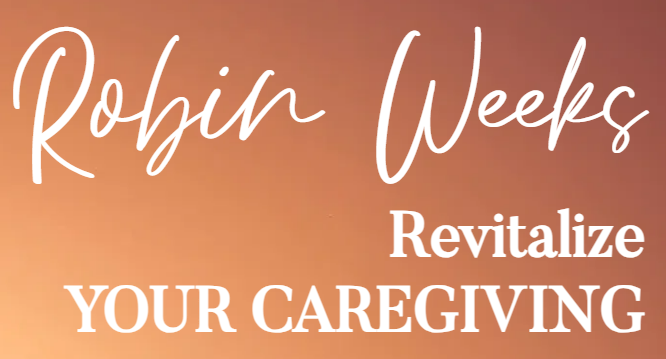There is a balance between the jobs of a caregiver and the feelings of a caregiver. If you can detach yourself from the many emotions, you feel when you have taken on this hard job, many of the “tasks” are routine. Whether it’s doing your mom and dad’s laundry or grocery shopping or paying the bills or filling out the Medicare paperwork, much of the “stuff” of being a caregiver is humdrum.
But just doing the chores of taking care of your aging parent’s physical needs is not all there is to being a caregiver. If that was all there was to it, you could hire someone to handle that. No, the real challenge of being a good caregiver for your elderly parent is the emotional support you give to them as they struggle with a tough part of their life.
This is particularly true if you are helping your mom or dad through the trials of a terminal illness. Even if they are good at putting up a brave front for the grandkids and the people at church, your mom or dad experience a gamut of feelings if the end of their lives is directly ahead due to that illness. And, many of the very elderly know they are approaching the end of their life and will openly talk about it.
The caregiver’s emotions at helping your parent deal with this somber realization are tremendously complex. You have your personal emotions that are a preliminary form of grief. This is called anticipatory grief, and many don’t realize they are experiencing it.
But your emotions about how you feel about your loved one and this job of taking care of mom or dad in their final months or years will have a direct effect on how you feel about that job as well. Probably the two emotions most associated with taking care of an elderly person in decline are sadness and compassion.
Sadness is not really a good summary of the feelings you have about taking care of your elderly parent or parents. It’s difficult to watch their health and capacities decline. It’s hard to deal with poor hearing, vision, lack of interest as they age. They become more dependent on you. You miss who they were. We want to hold on to our “parents”. Compassion sees a need in the elderly parent and doesn’t just feel bad about it. Compassion says, “There’s a need. What can I do about it?” Compassion is the genuine emotion of a caregiver.
Can you influence whether you will react with sadness or compassion to your elderly parent? Yes, and how you manage your emotions will be a big factor in how successful you are as a caregiver. There are three key tips you should keep in mind constantly to help you manage not only your emotions but how you react to problems that come up in your care giving. They are…
- Focus on the one you are caring for and take care of your own needs. If you have not done your emotional work, it will surface.
- Focus on the solution to the problem, not its effects or the person. A good doctor doesn’t cure symptoms, he cures the disease. Don’t dwell on how bad something is but on what can be done to eliminate the problem entirely.
- Focus on creating joy and happiness, not grief and sadness. Look for the gifts in a day. Look for joyful moments, times when you and your elderly parent can laugh, enjoy a meal or a good movie and use this time for fellowship and being together. That is the real joy of being a caregiver and one only you will enjoy in its fullest.
If you use these three tips of being a caregiver, you will recognize when your emotions are getting the upper hand. Remember why you are doing this and not what happened in the past.

